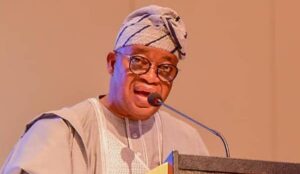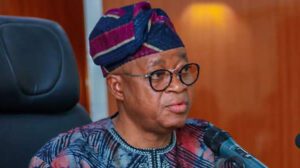Enugu residents frown at proposed electricity tariff hike
Residents of Enugu have expressed concern over the proposed 40 per cent hike in electricity tariff, beginning July 1.
The residents spoke on the issue in separate interviews with the Newsmen in Enugu on Wednesday.
An industrialist, Mr Jude Emordi, said the proposal would push up the cost of production, which would lead to a hike in the prices of manufactured goods.
Emordi also said that the proposed increase might chase many small businesses out of business.
“With an increase as high as 40 per cent, how do you think pure water producers can survive because this will lead to an increase in the production cost.
“The purchasing power of Nigerians will also reduce drastically, it is going to be terrible for many business owners and salary earners,” he said.
Also, a civil servant, Mrs Mercy Ofoma, advised that the proposal be shelved for now.
Ofoma said the new administration should first fulfil the palliative measures promised to cushion the effect of the oil subsidy removal.
“For me, the suffering will be much for poor Nigerian workers when everything begins to go up and salary remains static,” she said.
She argued that even an upward review of workers’ salary would not change anything.
Another resident, Miss Jane Okeke, said she envisaged tougher time ahead of the planned hike in the electricity tariff.
“It will be difficult to survive without light, especially those of us who do not use prepaid meters,” Okeke, a hairdresser said.
She advised that the proposal should be perished until every electricity consumer had been metered.




